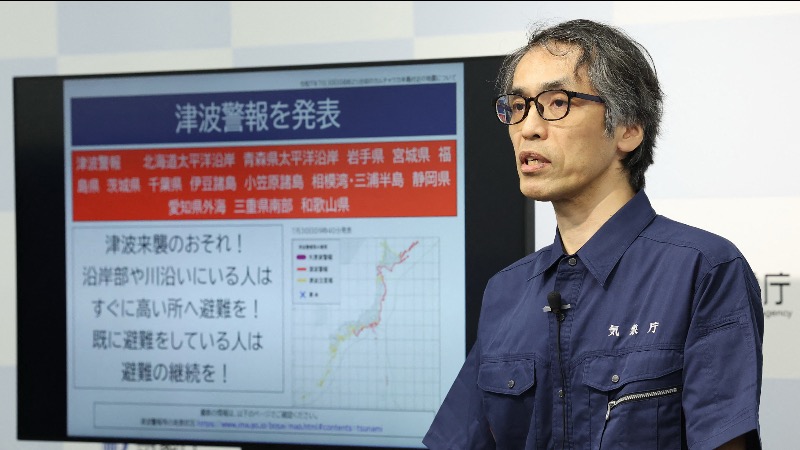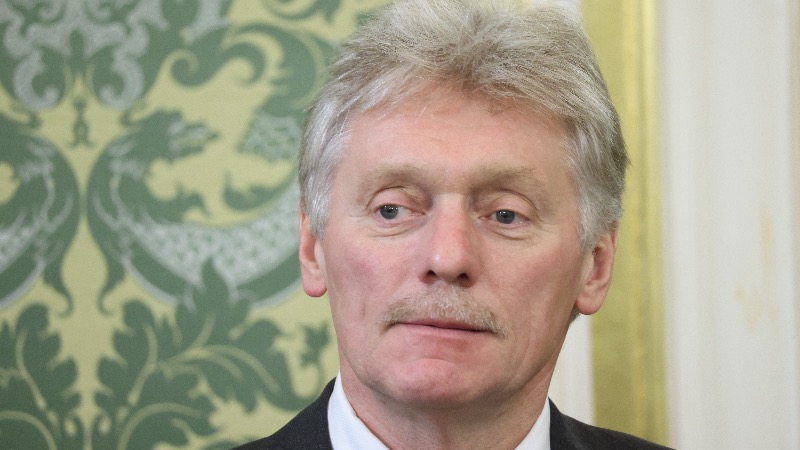 Image Credit: Europa Press News / Contributor / Getty
Image Credit: Europa Press News / Contributor / Getty In a recent interview with Belgian L’Echo, Catherine De Bolle, the executive director of Europol, who has headed the agency since 2018, shared shocking facts about drug cartels, child exploitation, and cybercrime in Europe.
De Bolle explained that since the pandemic, criminals have fully embraced the digital world. This is also true for drug trafficking, where the bulk of activities happen online. “Encrypted messages allow a container of cocaine to be exchanged for a building, money laundering is done digitally, and payments are made in cryptocurrencies,” she explained.
The issue Europol is facing when countering these nefarious activities is that most messaging activities used by criminals are based outside Europe, and the providers are not subject to European laws. As the messages are encrypted, the tech companies claim they can’t see their content either, so even with a court order, they cannot grant European law enforcement access to them.
Children have become especially vulnerable in this situation, as criminals like paedophiles can “approach thousands of children at the same time, unnoticed.”
Vulnerable young people are easily drawn into “a destructive world” by these networks in the digital realm, De Bolle noted.. A 12-year-old child is very susceptible to psychological coercion; they can’t defend themselves. “All this doesn’t happen in the street, but at home. If we don’t have access to the channels where it’s happening, we can’t dismantle this network. It’s a societal choice,” the Europol executive argued in defence of the controversial push for the right of law enforcement to monitor conversations on messaging platforms.
It’s not the first time law enforcement agencies bring up the ‘need’ to have access to encrypted communications. Free speech advocates have pushed back, arguing that encryption helps people in authoritarian countries communicate safely, while some European countries have accused encrypted messaging apps of facilitating ‘hate speech’ as well as crime. Already in 2022, German leftist Interior Minister Nancy Faeser last year proposed banning the encrypted messaging app Telegram—something already done by paragons of democracy and free speech like China, Iran, Pakistan, Belarus, and Cuba.
De Bolle stressed that Europol excels in data analysis and “possess expertise often lacking in Member States, especially when it comes to encrypted communications.” She highlighted the 2021 Sky ECC case as an example, which was the first time Europol “had direct access to criminals’ digital communications” after its experts cracked the chat platform. The Europol chief described what they discovered as shocking. “They felt so safe in this encrypted environment that they gave murder orders without any embarrassment, as if they were simply chatting over coffee. The torture and executions were filmed and sent to the perpetrators, along with proof of payment.” It also became clear how seriously Europe is affected by drug-related crime, and the extent to which “sailors, customs officers, police officers, and dockworkers” were corrupt.
What concerns De Bolle the most, however, is the way criminal networks are increasingly targeting young people for recruitment, as in many European countries children and young people are not punishable under a certain age. While in the United Kingdom, children as young as ten can be held responsible for certain acts, in Belgium, the age is higher. Here “we see 12-year-olds committing murders for €20,000.”
The young offenders are recruited through video games and social media. “Criminals test their sensitivity to violence by using certain words, assessing their mental vulnerability and their potential for exploitation,” De Bolle explained. The purpose for which the youngsters are used has also changed, she underscored. “In the past, young people were used by drug gangs to stand guard or sell small quantities of drugs. Today, they are recruited to torture and kill. And if they are arrested or ‘unmasked,’ they are simply replaced.” victims.
De Bolle believes in order to curb this phenomenon, the introduction of an age limit for social media should be considered. This suggestion, opponents have pointed out, can be a way for the political establishment to limit young people’s access to information and opinions they deem unsuitable—at a time when Europe’s youth is increasingly shifting to the right, with right-wing populist and conservative parties gaining significant support among young voters in countries like Spain, France, and Germany.



